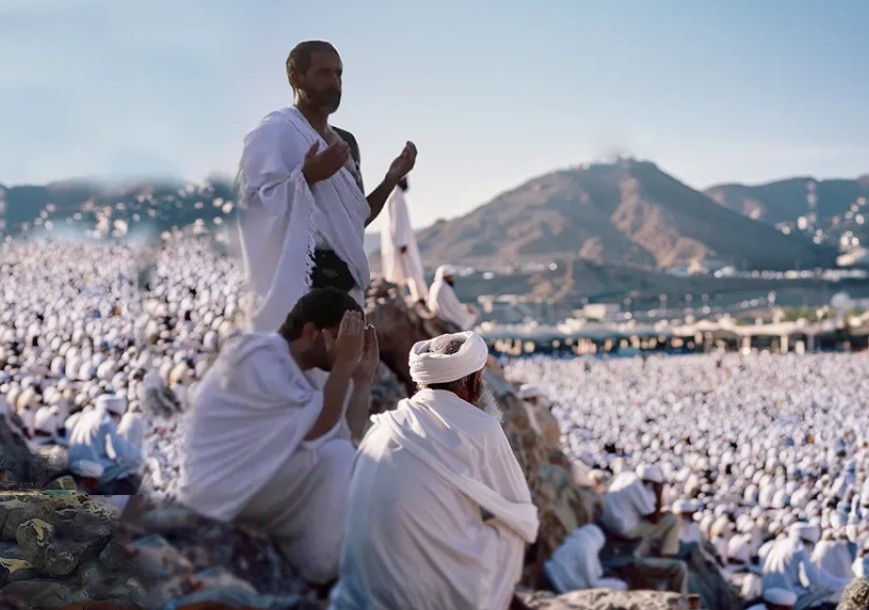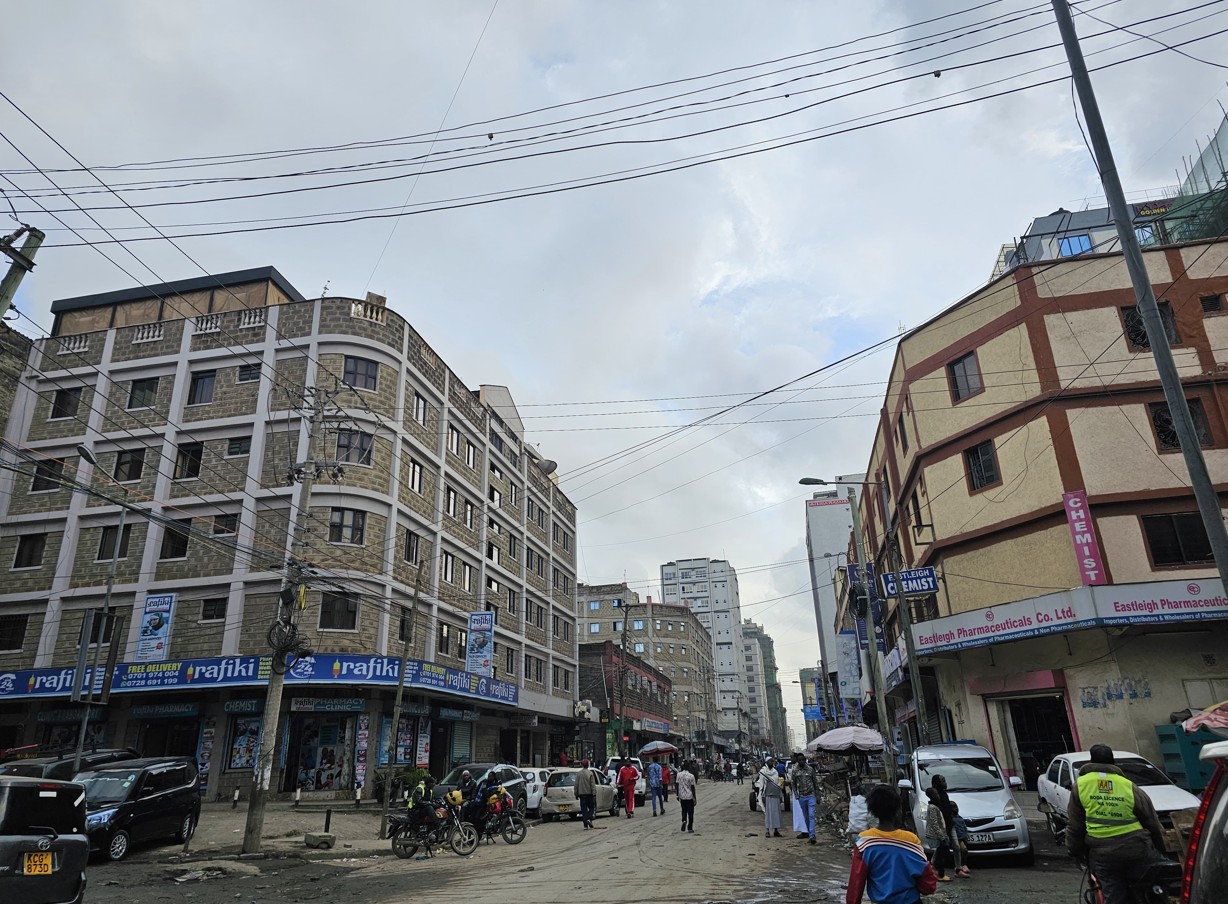Muslims in Eastleigh, rest of Kenya observe the Day of Arafah through fasting

While it is not compulsory for those not on pilgrimage, it is widely practised by Muslims who are not performing the Hajj.
Many Muslims in Eastleigh and other parts of Kenya are observing the Day of Arafah by fasting, a voluntary but highly encouraged act of worship within the Islamic religion. While it is not compulsory for those not on pilgrimage, it is widely practised by Muslims who are not performing the Hajj.
In Eastleigh, the usual morning activity was significantly reduced. Fewer people were seen on the roads compared to a typical weekday. Many shops remained closed in the early part of the day and only opened later, resembling the pattern seen during the holy month of Ramadan.
More To Read
- 5,000 Kenyan Muslims to take part in 2026 Hajj pilgrimage
- Hajj pilgrims warned against using unauthorised agents to avoid fraud
- Mombasa Hajj agents cry foul over SUPKEM's control, seek State intervention
- Eastleigh residents find unity, joy in Eid-ul-Adha celebrations amidst harsh economic times
- Kenyan Muslim organisations launch Sh5.4 million Udhiyah programme for Gaza amid deepening humanitarian crisis
- Interior CS Murkomen declares Friday public holiday to mark Eid-ul-Adha
A spot check conducted by The Eastleigh Voice established that although a number of restaurants remained open, they had no customers.
The Day of Arafah falls on the 9th day of Dhul Hijjah, which is the twelfth and final month of the Islamic calendar. This day is regarded as one of the most significant in Islam.
It marks the second day of the Hajj pilgrimage, during which pilgrims gather at the plain of Arafah, near Mecca in Saudi Arabia.
Fasting on this day, while not obligatory, is highly recommended for Muslims who are not performing the Hajj. It is believed to bring immense spiritual benefits.
 Fewer people seen on Eastleigh's Second Avenue as Muslims observe fasting on the Day of Arafah on June 5, 2025. (Photo: Abdirahman Khalif)
Fewer people seen on Eastleigh's Second Avenue as Muslims observe fasting on the Day of Arafah on June 5, 2025. (Photo: Abdirahman Khalif)
According to Islamic teachings, Prophet Muhammad (peace be upon him) stated that fasting on the Day of Arafah leads to the forgiveness of sins committed in the past year and the sins of the coming year.
“It expiates the sins of the past year and the coming year,” the Prophet is reported to have said.
The Day of ‘Arafah is also associated with another significant teaching. Imam Tirmidhi, a well-known Islamic scholar, reported that the Prophet said, “There is no day on which Allah frees more people from the Fire than on the Day of ‘Arafah. He comes close to those (people standing on Arafah), and then He reveals before His Angels saying, ‘What are these people seeking?’”
Muslims believe that it was on the Day of ‘Arafah that Allah completed the religion of Islam, perfected His blessings upon the Prophet Muhammad, and approved Islam as a way of life. This event is referenced in the fifth chapter of the Qur’an, where it is also called Yawm Al-Waqf, meaning “the Day of Standing.”
For those performing Hajj, the Day of Arafah involves gathering from just before noon until sunset at Mount Arafah. Dressed in simple white garments known as ihram, pilgrims engage in a ritual known as wuquf, or standing before God.
This act of worship involves supplication, repentance, and seeking mercy. It is seen as a symbolic preview of the Day of Judgment, where humanity will stand before God.
Muslims are required to perform the Hajj pilgrimage at least once in their lifetime if they are physically and financially able.
The Day of Arafah is considered the spiritual climax of the pilgrimage. The collective standing of pilgrims at Arafah is a moment of deep reflection and devotion, marking a key milestone in their religious journey.
In Eastleigh and elsewhere in Kenya, those not attending the pilgrimage mark the day through fasting and prayer.
Top Stories Today












































